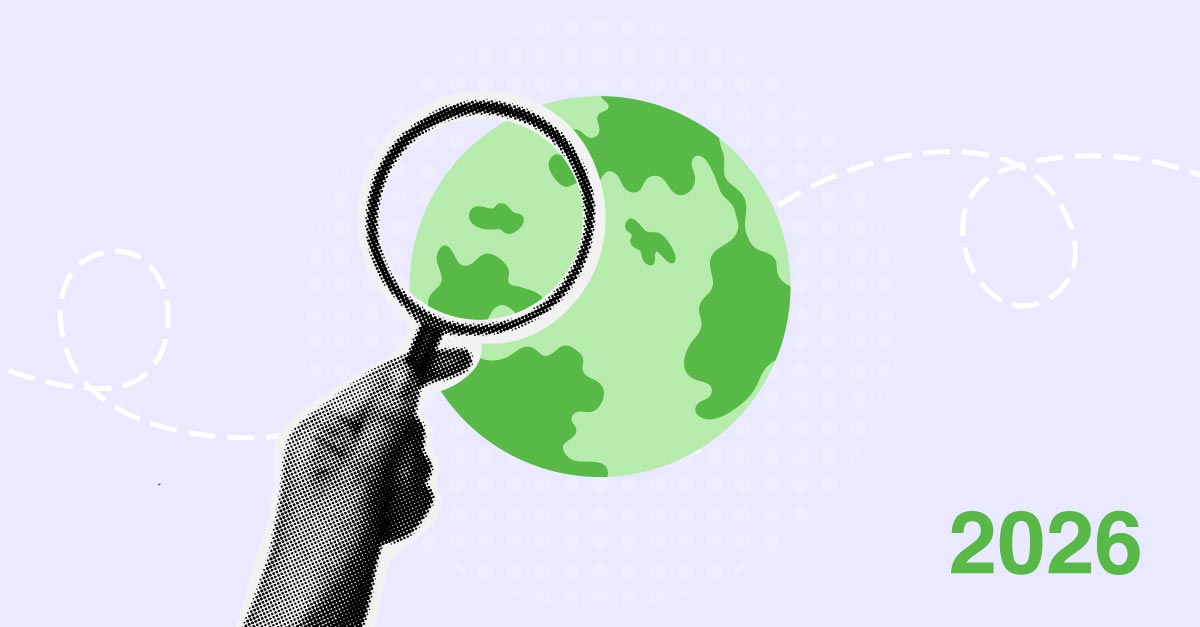12/08/2025
Since our original article in October 2024, the EU’s Artificial Intelligence Act (AI Act), found here: Navigating the EU’s AI legislation, has moved firmly into its implementation phase.
Key compliance deadlines have now passed, a voluntary Code of Practice for general-purpose AI has been launched, and Europe has unveiled a significant investment programme aimed at strengthening its AI capabilities.
Enforcement Milestones Reached
The AI Act came into force on 1 August 2024, with provisions phased in over time. The most recent and significant milestone was reached on 2 August 2025, when governance rules and obligations for providers of general-purpose AI (GPAI) became applicable.
This means that GPAI providers must now meet defined requirements for transparency, risk management, copyright compliance and security by design. High-risk AI systems embedded in regulated products will face their final compliance deadlines in August 2027.
The General-Purpose AI Code of Practice
The European Commission has introduced a voluntary Code of Practice to help GPAI providers demonstrate compliance with the AI Act. The Code covers three main areas: transparency, copyright, and safety and security.
Organisations that sign up commit to structured documentation of training processes, thorough risk assessments, and clear communication on the limitations and capabilities of their models. Although the Code is voluntary, it offers benefits in terms of reduced administrative effort and greater legal clarity.
InvestAI: A €200-Billion Commitment to Europe’s AI Future
In February 2025, the EU launched InvestAI, a programme designed to mobilise €200 billion for AI development and infrastructure. This includes €20 billion dedicated to the creation of four large-scale AI “gigafactories,” each housing significant AI compute capacity.
The goal is to strengthen Europe’s technological independence, reduce reliance on non-European infrastructure, and accelerate innovation. This investment shows that AI is seen not only as a compliance challenge but also as a strategic growth opportunity.
What This Means for Organisations
With the August 2025 milestone now behind us, this EU AI legislation is no longer a distant regulation. It is now part of the operational reality for many organisations. Businesses should already be ensuring that:
- Governance measures for AI systems are in place and aligned with the AI Act’s requirements.
- Risk assessment and transparency processes are documented and auditable.
- A decision has been made on whether to adopt the Code of Practice, with supporting processes in place if signed.
- Strategic opportunities from EU investment initiatives are considered as part of AI roadmaps.
The EU’s approach combines regulation with investment. This seeks both to protect citizens and to empower innovation. For organisations, compliance is now a baseline requirement, while proactive engagement with the AI ecosystem can create a competitive advantage.
Get in touch for more information around how Getronics can support the way your business can match EU AI legislation.





